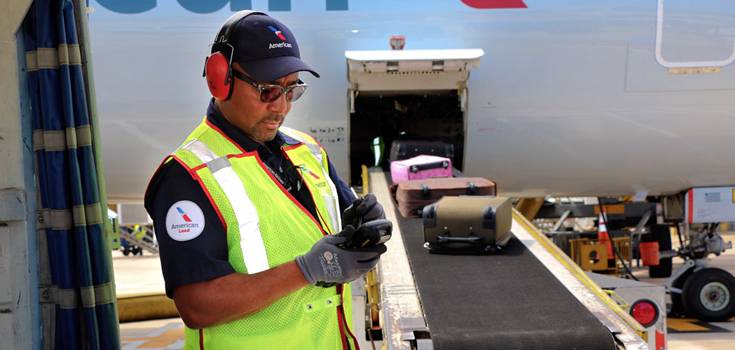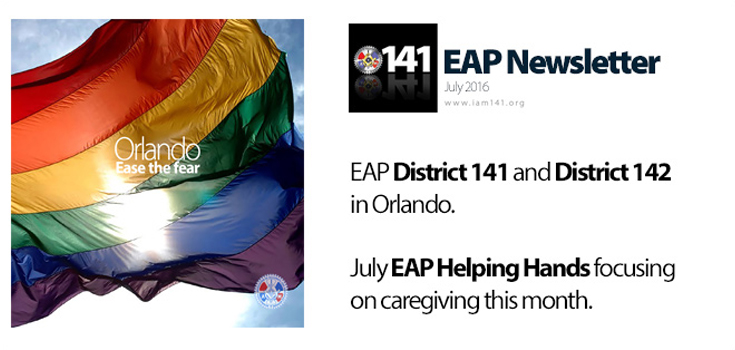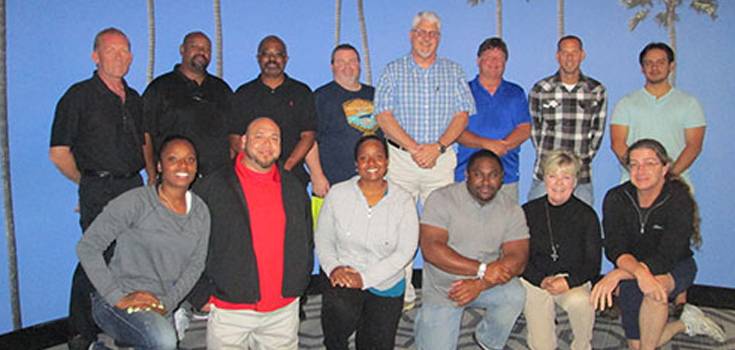
by Eric Price | Feb 14, 2017 | Departments, Home
Congratulations! Dave Lehive District 141’s own Senior Communications Coordinator, Dave Lehive, has won First Place for his photography in the 2016 IAM Photo Contest. IAM photographers from around the US and Canada compete each year to bring the best unposed...

by Eric Price | Feb 14, 2017 | Departments, Home
Mike Klemm, PDGC, Update October 21, 2016 Sisters and Brothers, As many of you know, last year the District Lodge 141 membership proposed, and the 2015 District Lodge 141 Convention delegates approved, many bylaw amendments. Those bylaw changes were then put to the...

by Eric Price | Feb 13, 2017 | EAP
Recently, Kathy Ferguson and Victor Acosta, District 141 and Paul Schultz and Stephanie Starks District 142 responded to the Orlando Night club shooting. We had many members affected – the team spent time with the members who were directly affected and also...

by Eric Price | Mar 7, 2016 | Departments, Home, Safety
Fourteen new IAM CREST Associate Instructors from Districts 141 and 142 completed a train-the-trainer program on transporting dangerous goods in the airline industry. Approximately 6,300 TCU-IAM airline and railroad workers will receive training in transporting...
by Eric Price | Mar 7, 2016 | Departments
The number of retirees in the IAM doubled over the past decade and continues to grow. Excellent Retiree benefit and services programs can be found on the IAM Grand Lodge goiam.org web site. They are designed to fill Medicare gaps, provide benefits that Medicare...
by Eric Price | Mar 7, 2016 | Departments
GUIDE DOGS OF AMERICA: Support the Guide Dogs of America, the IAMAW DL141 Charity of choice! Shop Here Joseph W. Jones, Sr., was refused a guide dog because of his age – he was fifty seven – but he would not accept defeat. He researched the Guide Dog Movement and with...





